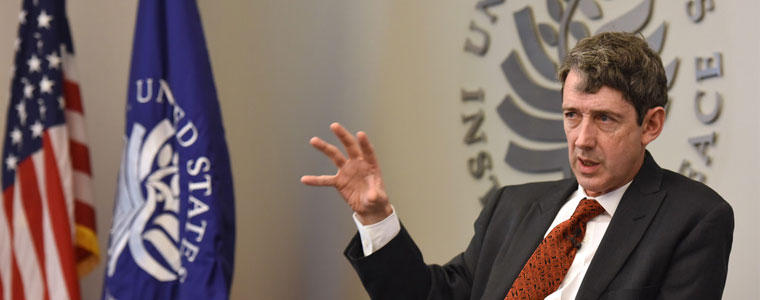Money, War and the Business of Power in the Horn of Africa
Obstacles for Lasting Peace
Read the Event CoverageRenewed violence in South Sudan, rising malnutrition in Somalia and a dramatic refugee exodus from Eritrea conspire to undermine sporadic progress in the Horn of Africa. Underlying it all is a political marketplace fueled by money and power. On January 28, a panel of regional experts, including Alex de Waal, author of The Real Politics of the Horn of Africa: Money, War and the Business of Power, discussed the complex interplay between politics and money in the region and the implications for the international community.

The Horn of Africa has experienced both advances and setbacks in recent years. In South Sudan, the hope following independence has been tarnished by the outbreak of war and the troubled peace process. In Somalia, al-Shabab and rising malnutrition slows progress on state building. And Eritreans fleeing their country’s oppression accounted for the third-largest group of refugees entering Europe last year, after Syria and Afghanistan. Across the Horn of Africa, corruption, militarization and military patronage undermine regional stability and sustainable peace..
The panel brought together some of the foremost experts on the Horn of Africa to examine these factors and offered recommendations for how the international community can constructively support efforts to reduce fragility and corruption and improve good governance and stability in the region. Continue the conversation on Twitter with #HornofAfricaUSIP.
Panelists
Nancy Lindborg, Opening Remarks
President, U.S. Institute of Peace
Alex de Waal, Panelist
Executive Director of the World Peace Foundation and Research Professor at the Fletcher School, Tufts University
Brad Brooks-Rubin, Panelist
Director of Policy, The Enough Project
Manal Taha, Panelist
Jennings Randolph Senior Fellow, U.S. Institute of Peace
Amb. Princeton Lyman, Moderator
Senior Advisor, U.S. Institute of Peace



